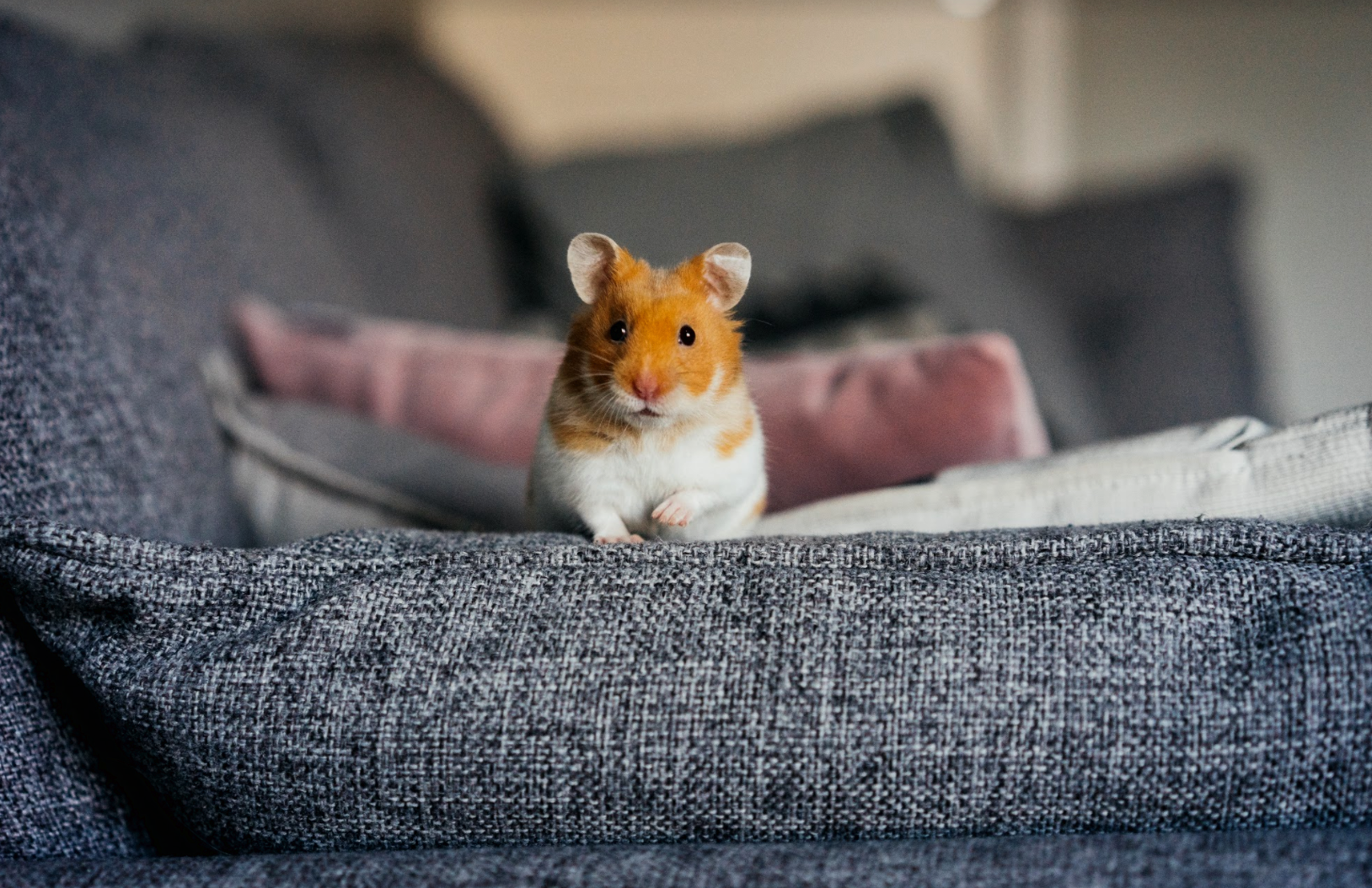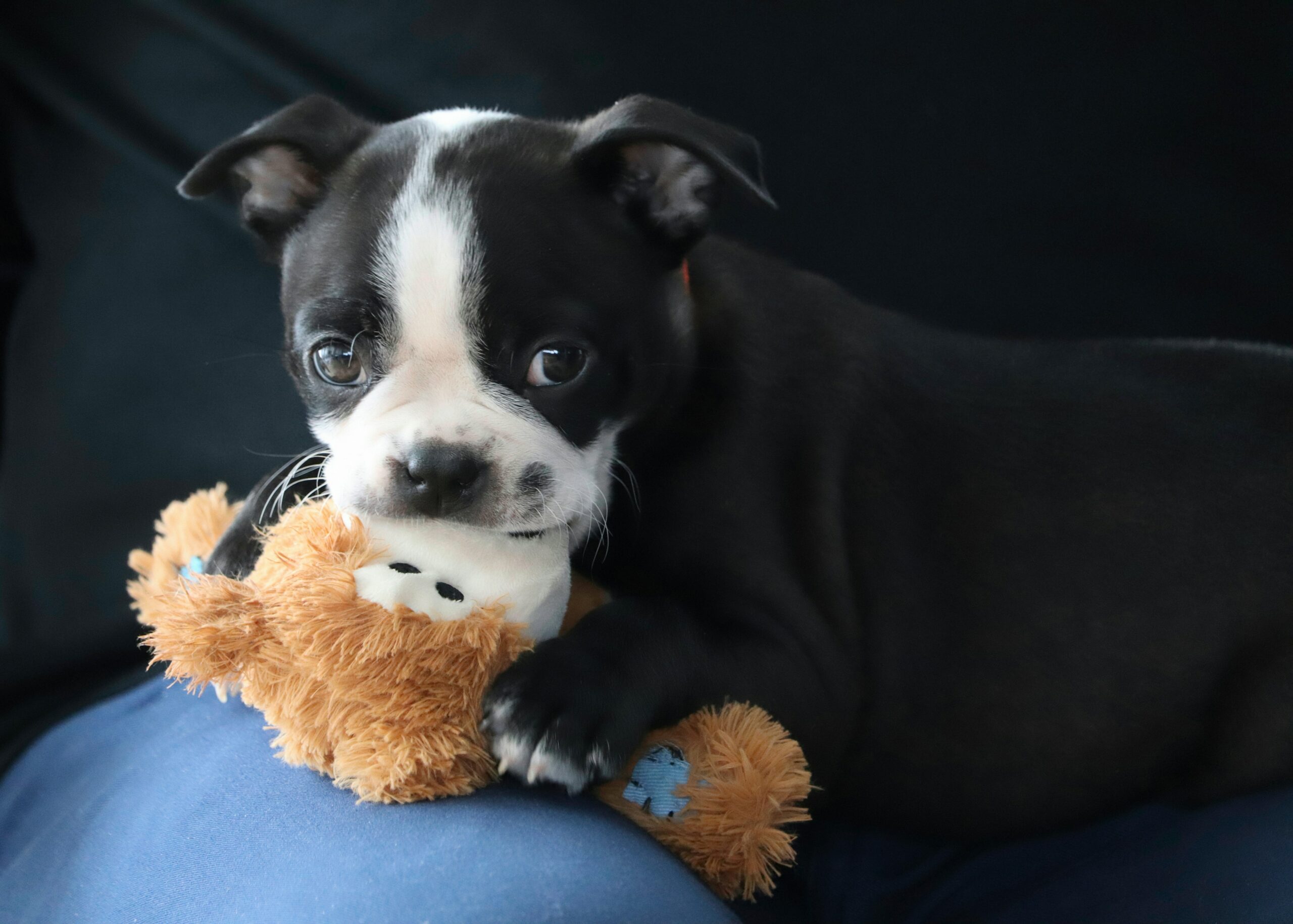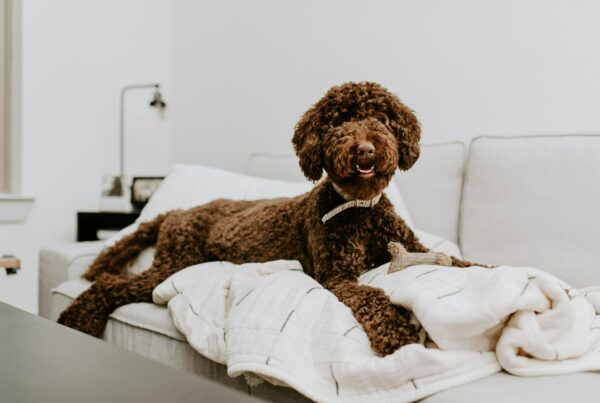When you live on the outskirts of town or in a big property, it’s not out of the ordinary to have uninvited guests in the form of wildlife, from time to time. During cold winters or warm summer days, some of these animals may also find refuge in your home, seeking food and shelter. When they enter your property, however, they can be troublesome and dangerous, especially when you’ve got your own domesticated and household pets.
While some of these wildlife visitors may look cute, it doesn’t change the fact that they come from nature. Many of these may carry diseases with them. What’s more, they could also attack your innocent pets.
So when these animals come into your property, it helps to know how to address this problem. At the very least, you’ll want to keep your pets safe from these wild animals.
Along these lines, here are some ways you can help your pets stay safe:
- Always Keep Your Dogs On A Leash
This tip applies when you’re walking your dogs on the farm or in the woods. Depending on where you’re from, you’ll already have enough awareness by now to know what wild animals live in the woods of your local area. So if this is the place where you frequently walk your dogs, you should come in prepared.
Always keep your dogs on a leash. This serves as a layer of protection to prevent wild animals from attacking your dog, and vice versa.
- Wash Off Any Wild Animal Spray Or Smell ASAP
If a skunk enters your home or property, the good news is that these animals aren’t very confrontational. In fact, there’s a very slim chance of skunks attacking your pets. However, the bad news is that these skunks’ main line of defense is their spray and smell.
Generally, what these skunks can do to your pets is to spray them with their odor. Not only does this smell terrible, but just like diseases from raccoons, skunks may also potentially carry rabies. So, you’ll want to take care of your affected pet ASAP. Be sure to wash off the spray or the smell as soon as possible. An excellent home remedy for this that works wonders is tomato juice and tomato paste.
 Keep Your Pets Indoors
Keep Your Pets Indoors
Yes, you’ll naturally have to bring your pets out to the yard from time-to-time. But before sleeping, and especially during the cold and freezing winter months, it’s best to keep your pets indoors for most of the day. It’s usually in the evening and the cold months that wild animals may have an unwelcome entry in your property in their pursuit of food, warmth, and shelter.
Be proactive about these creatures potentially interacting with or attacking your pets. Else, you might wake up the next day to find your pet already traumatized by the wild animal that they’ve come face-to-face with. Keeping your pets indoors can act as a shield or protection, especially when you’re not looking.
- Keep Your Pets Up-To-Date With Vaccinations
Especially when you live in a state or local area where exposure to wild animals is unavoidable, the best thing that you can do to keep your pets healthy is to make sure that they’re up-to-date with their vaccinations. That way, should any wild animal suddenly come and attack, you can rest assured that your pet is vaccinated against whatever poisonous substance the animal may bring.
For instance, snakes can come into your property anytime. In most cases, snakes will be even more afraid than your pets, and will usually hide out under rocks or logs. However, an obvious downside is the fact that some snakes carry venom. This is especially true with highly venomous snakes that may immediately attack your pets.
- Don’t Keep Leftover Food Of Your Pets
When your pet has any leftovers, make it a point to throw these away immediately and wash the food and drink containers of your pets. Leaving any such litter around is going to attract wild animals to your property that are searching for food. If you don’t dispose of leftovers regularly, then that’s all the more reason for wild animals to remember that there’s food around your area. Rather than driving them away, you would be inviting them in.
Another very pertinent reason for you to regularly wash the food containers of your pet is that you never know what animal has licked it the night before, or left poop, urine, or droppings in it. For instance, bird droppings can be dangerous to your pets when ingested. So, you’ll want to ensure that your pets’ food containers are safe and free of these toxic substances.
Conclusion
With these precautionary measures, you’ll be better able to keep your beloved pets safe, just in case a wild animal comes along. Despite being proactive, if they do still make it into your property, now you have a better idea of what to do and how to act. Always remember that your goal is to keep your pets safe at all times. Then, try to drive the wild animals back to their homes in nature, where they belong.




